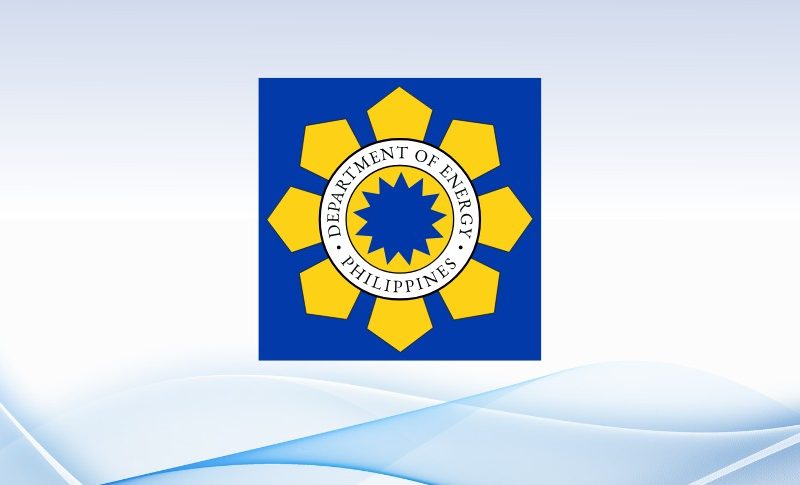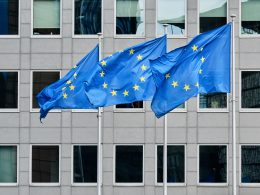The Philippine Department of Energy (DOE) has issued a landmark policy establishing the framework for carbon credit generation, management, and monitoring across the energy sector.
Signed by Energy Secretary Sharon S. Garin on 23 September 2025 and published on 10 October 2025, Department Circular No. DC2025-09-0018, titled “Providing the General Guidelines for the Generation, Management, and Monitoring of Carbon Credits in the Energy Sector,” sets out the rules for how the country’s energy industry can access and trade carbon credits.
The new framework aims to unlock investment opportunities in clean energy, support greenhouse gas emission reductions, and align the energy sector with the Philippines’ long-term climate and sustainable development goals.
The Circular establishes a Task Force on Energy Carbon Credits (TFECC) to coordinate carbon-related activities and promote transparency, accountability, and environmental integrity. It ensures that carbon credits are based on real, measurable, and verifiable emission reductions, in line with both international best practices and national policies. The policy also prevents double counting and clarifies ownership, use, and transfer rights for carbon credits.
Under the policy, a Carbon Credit Certificate (CCC)—representing one metric tonne of carbon dioxide equivalent (1 MTCO₂e)—will serve as the DOE-recognised unit for verified emission reductions. These certificates can be validated nationally and internationally, potentially qualifying as Internationally Transferred Mitigation Outcomes (ITMOs) under Article 6 of the Paris Agreement, or as eligible units under schemes such as CORSIA.
The Philippines plans to collaborate with partners such as Singapore, Japan, and European nations for bilateral or multilateral carbon trading, aiming to exchange best practices and develop high-integrity, Article 6-compliant projects.
By leveraging the country’s renewable energy potential, promoting efficiency, and adopting low-carbon technologies, the Circular supports the nation’s commitment to the Paris Agreement goal of limiting global warming to well below 2°C, and ideally to 1.5°C.
The DOE said the move underscores its proactive role in advancing the Philippine Energy Plan (PEP) 2023–2050, steering the country toward a secure, sustainable, and low-carbon energy future, and strengthening its participation in global carbon markets.





















